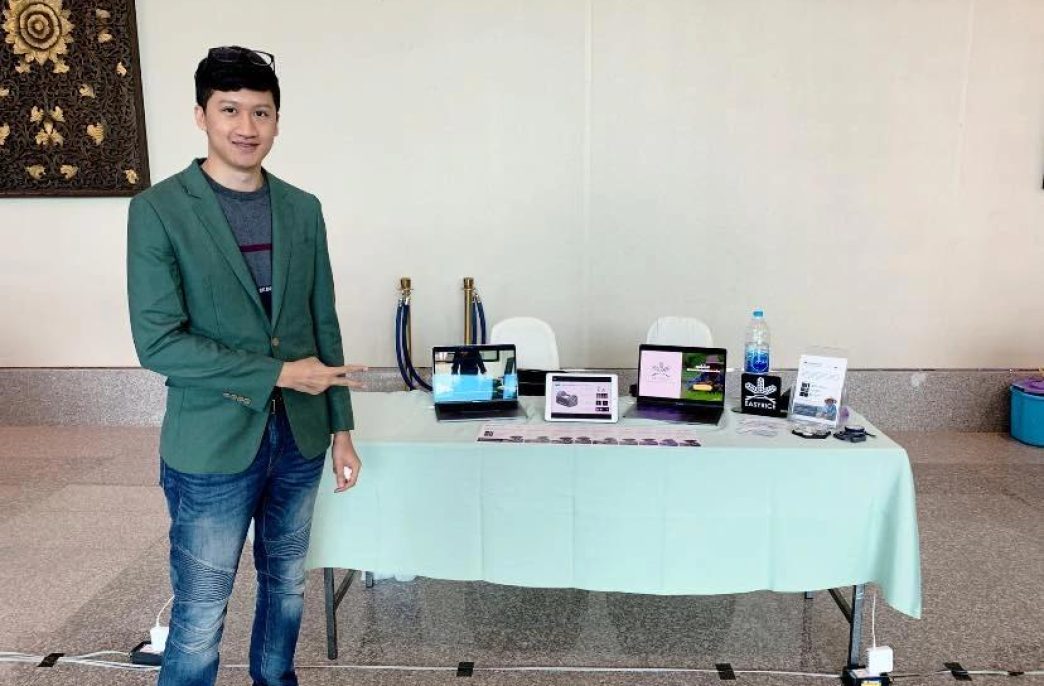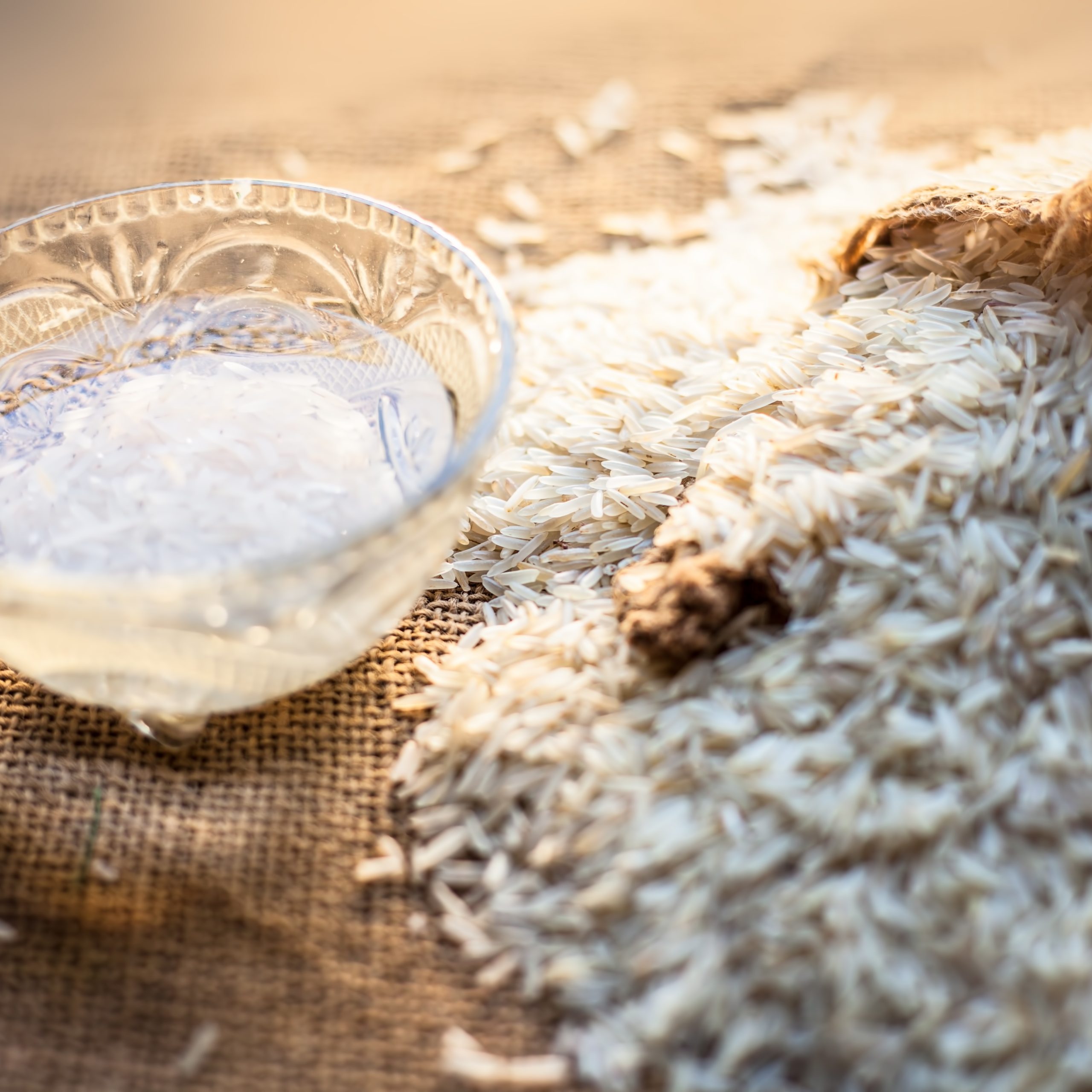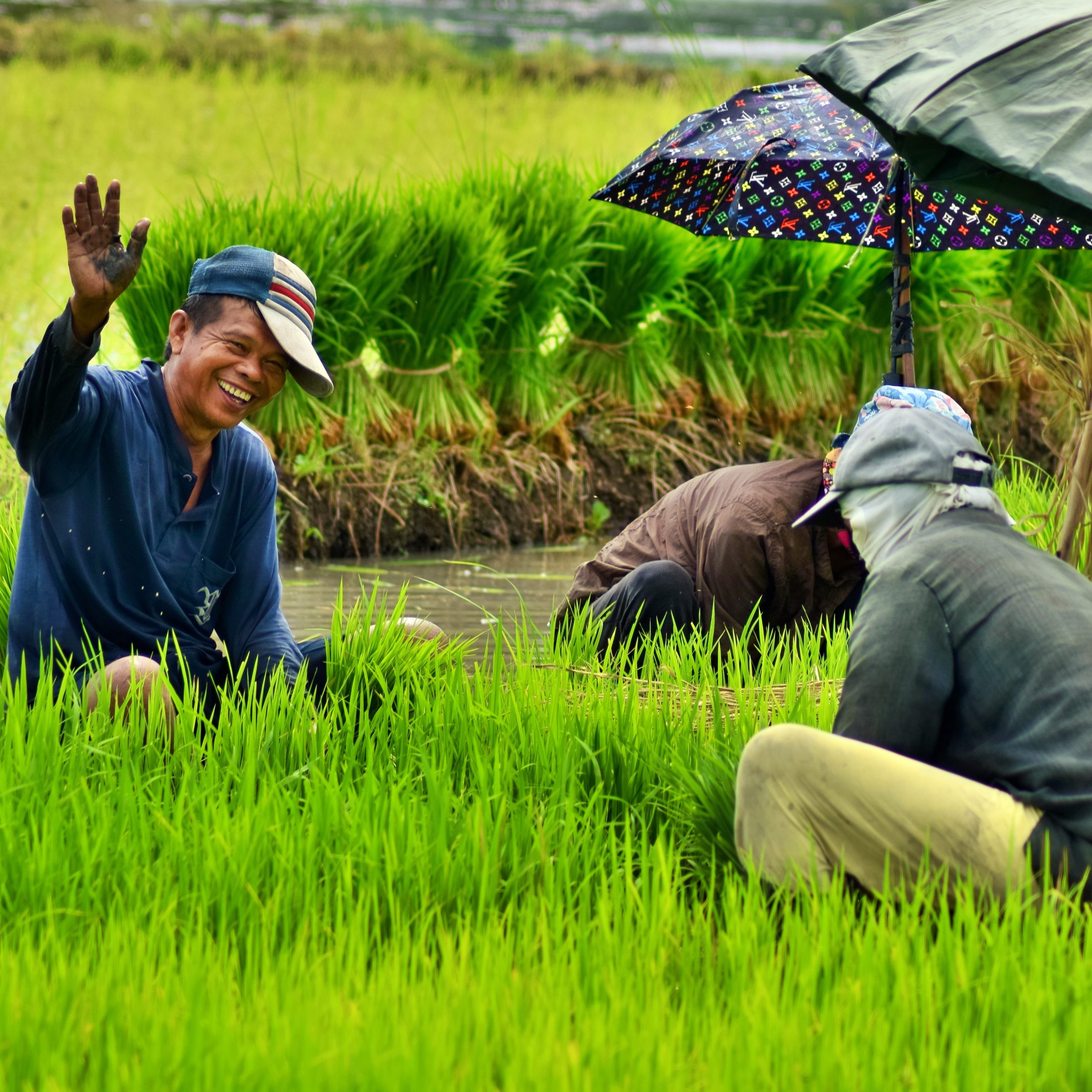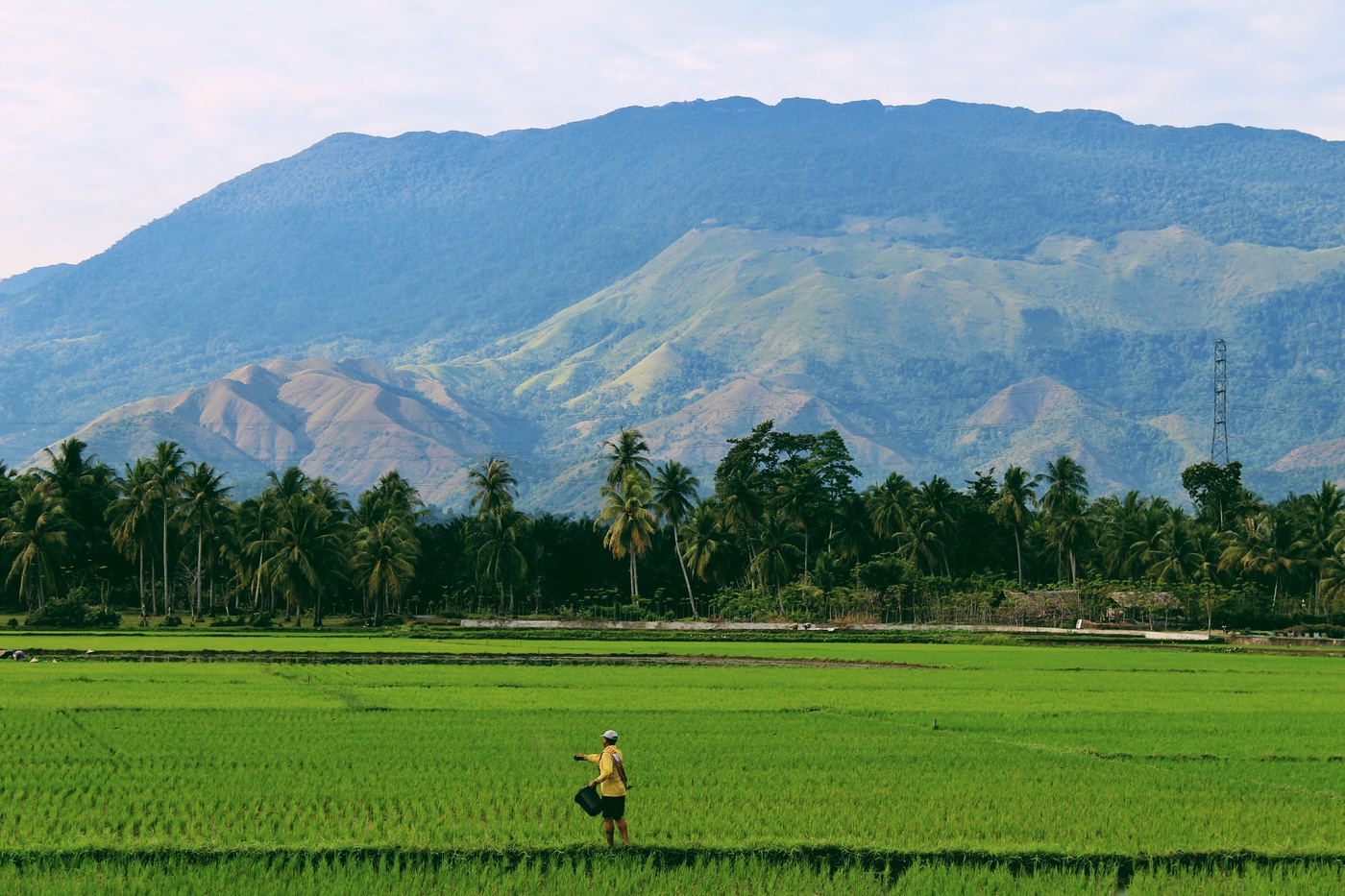Artificial Intelligence Bolsters Agricultural Efficiency in Southeast Asia

Bangkok-based Easy Rice Digital Technology is pioneering the application of artificial intelligence (AI) in agriculture, offering solutions that dramatically reduce the time and resources needed for rice quality inspection. Phuvin Kongsawat, the firm’s CEO, leverages his engineering background to address challenges inherent to the agricultural sector, despite lacking formal training in the field. Hailing from Thailand, the world’s second-largest rice exporter, Kongsawat was aware of the complexities of rice production from an early age. His research revealed that manual inspection of rice kernels—a process to determine their variety, quality, and moisture content—was a tedious and time-consuming task.
Easy Rice’s proprietary technology employs AI-driven scanning systems that not only surpass human accuracy but can also analyze a 600-grain sample in just five minutes. The technology aims to resolve key issues in the industry, such as the adulteration of rice varieties and inaccuracies in manual inspections. Since its market debut in October 2021, Easy Rice has secured more than 200 exporters and around 20,000 farmers as customers. The company has also announced plans to expand its operations to Vietnam and to develop similar technology for inspecting durian and coffee crops.
Regional AI Adoption in Agriculture
Easy Rice’s success serves as a case study in Southeast Asia’s broader push to incorporate AI into its agricultural industry. Home to major commodity exporters like Thailand and Vietnam, the region’s over 600 million-strong population faces a growing need for efficient, sustainable food production. Member countries of the Association of Southeast Asian Nations (ASEAN) are increasingly turning to AI to address this challenge.
In the Philippines, the International Rice Research Institute received a $2 million grant from Google.org to apply AI in assessing its rice gene bank, with the aim of accelerating the development of high-yield and climate-resilient rice varieties.
Malaysia, a leading global exporter of vegetable oils, has outlined ambitious projects in its AI roadmap for 2021-25. These include the development of autonomous robots for harvesting oil palms. According to Siva Kumar Balasundram, an associate professor of precision agriculture at Universiti Putra Malaysia, AI can address labor shortages and improve efficiency by automating tasks that are “dirty, dangerous and difficult,” such as applying fertilizers and pesticides. Balasundram adds that AI can also optimize the use of these inputs, boosting yields and cutting costs in the process.
The use of AI in agriculture represents not just technological advancement but a fundamental shift in the way food production is approached in the ASEAN region—a shift that is increasingly seen as necessary to meet the dual challenges of a growing population and a changing climate.



